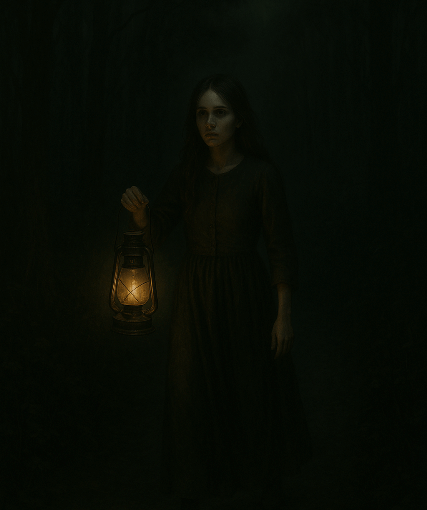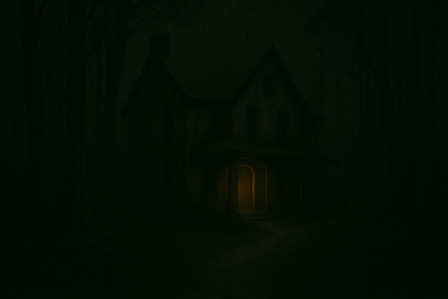Supernatural or Psychological? The Truth Behind Haunted Tales
India, a land of contrasts—where dense forests meet towering cities, where myth intertwines with modernity—holds within it a deep fascination with the supernatural. Across its landscapes, from the secluded corners of the Andaman and Nicobar Islands to the buzzing metropolis, ghost stories flourish, shaped by our own psychological responses to solitude, darkness, and fear itself.
Fear: The Catalyst for the Unknown
Fear, an intrinsic part of the human condition, manifests in myriad ways. It alerts us to danger, heightens our senses, and, at times, constructs illusions that seem terrifyingly real. Whether directed at predatory creatures, malevolent individuals, or the unexplainable darkness, fear is often the unseen architect of the supernatural.
Alone in a house, with nothing but silence for company, our minds become attuned to every faint sound, every shadow cast by the dim light of a flickering bulb. The absence of others intensifies this awareness, making even ordinary noises seem ominous. We begin to suspect an unseen presence lingering in the air, something watching—waiting.
Solitude and Superstition: The Perfect Storm
Isolation plays a crucial role in shaping supernatural experiences. In the absence of reassuring human voices or the comfort of bustling surroundings, fear has the freedom to expand. Secluded homes, vast empty fields, and dense forests become breeding grounds for eerie sensations. In such moments, the supernatural is not an external force but a reflection of our heightened, anxious minds.
It is no surprise that ghost stories thrive in rural settings, where quiet stillness amplifies every sound, where the rustle of leaves or the creak of wood transforms into ominous whispers. This is why urban landscapes—with their neon lights, crowds, and constant movement—rarely produce tales of spectral encounters. The city never sleeps, and with it, the mind seldom drifts into the eerie silence where ghosts are imagined.
The Psychology Behind the Stories We Tell
Ghost stories are, at their core, cultural expressions of human experience. They serve as windows into the fears and anxieties that define different generations and societies. From ancient folklore passed down by elders to the chilling tales shared among friends, these narratives are shaped not by actual supernatural forces, but by our psychological interpretations of solitude and uncertainty.
Our fascination with ghosts—our willingness to believe that something lurks in the dark—is not because they exist, but because, deep down, we long for explanations of the unexplained. The stories we tell, the myths we carry forward, are not just about ghosts. They are about us—about our fears, our imaginations, and our eternal search for meaning in the unknown.


